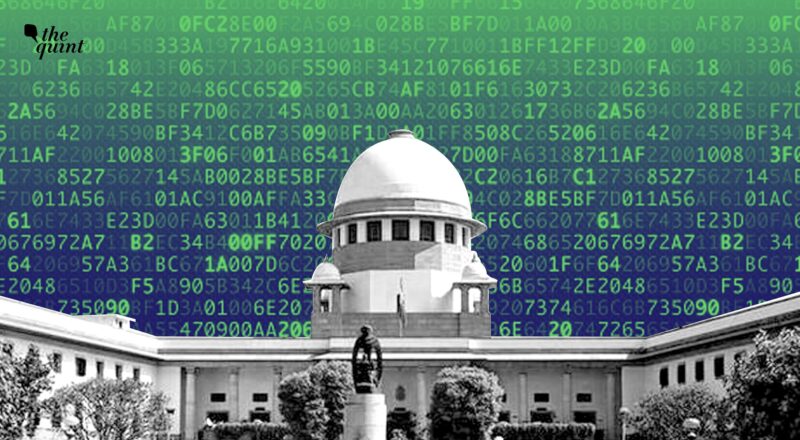Recently PIB (Press Information Bureau) has clarified via its publication dated 20th June, 2021 that the Supreme court had directed the government of India to frame necessary guidelines to eliminate the child pornography and related contents in online platforms and other applications. Therefore, in accordance with this judgment the GOI came up with Information Technology (Intermediary Guidelines and Digital Media Ethics Code) Rules, 2021.
Facebook Vs. Union of India (2019), was a judgement in which the court said it is imperative to frame proper regime to find out the persons, institutions, and bodies who were the originators of such content messages. It has become necessary to seek such information from the intermediaries.
Now in this article we shall discuss this historical case briefly along with some crucial facts.
Case: Facebook Inc. Vs. Union of India (2019 SC)
Coram: HON’BLE MR. JUSTICE DEEPAK GUPTA
HON’BLE MR. JUSTICE ANIRUDDHA BOSE
Facts:
The grievance in this case was that the intermediaries are not providing information in respect of the originator of the communication/content which has been circulated/transmitted/shared on the platforms provided by the intermediaries.
The main issue arising in these petitions is how and in what manner the intermediaries should provide information including the names of the originators of any message/content/information shared on the platforms run by these intermediaries. There are various messages and content spread/shared on social media, some of which are harmful. Some messages can incite violence.
There may be messages which are against the sovereignty and integrity of the country. Social media has today become the source of large amount of pornography. Paedophiles use social media in a big way. Drugs, weapons and other contrabands can be sold through the use of platforms run by the intermediaries.
In such circumstances, it is imperative that there is a properly framed regime to find out the persons/institutions/bodies who are the originators of such content/messages. It may be necessary to get such information from the intermediaries.
Judgement:
Court found out that the law in this regard is still at a nascent stage and technology keeps changing every day, if not every hour. There are various creases which need to be ironed out. Though, the guidelines (Information Technology (Intermediaries Guidelines) Rules, 2011 have been notified. Sub- rule 4 and sub-rule 7 of Rule 3) provided that the intermediaries should furnish the information, it is not clear how the intermediaries who are based abroad and do not even have a grievance officer posted in the country, would be compelled to reveal this information.
The Hon’ble court further directed the Secretary, Ministry of Electronics & Information Technology to file an affidavit in this Court within three weeks from today placing on record the stage at which the process of framing/notifying the rules is at. The court also directed the Secretary to give definite timelines in respect of completing the process of notifying the rules.
Thereafter, an affidavit was filed by the Secretary, MeitY (GOI) in which they asked for 3 months and assured that the entire process would be completed by 15th January 2020.
By reading the facts and circumstances it is evident that the Intermediary guidelines & traceability clause are somewhere the product of this landmark decision of Hon’ble Supreme Court. In the above stated facts and circumstances we would welcome our readers’ thoughts, comments and/or any opinion.
(Please note that judgement portion of this article has been taken and compiled from https://indiankanoon.org/ and https://www.sci.gov.in)
References-
Indiankanoon.org/

